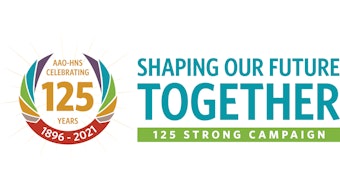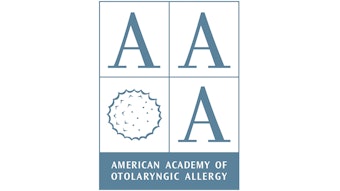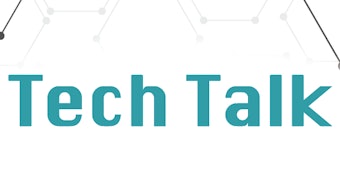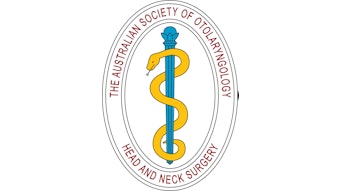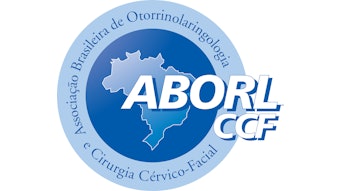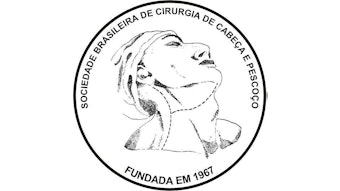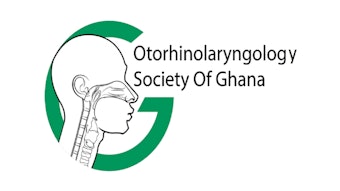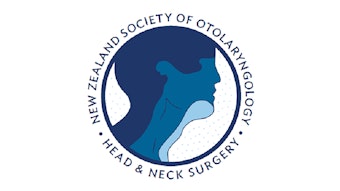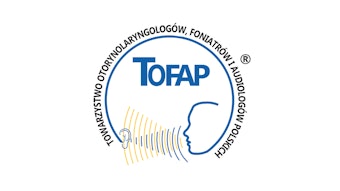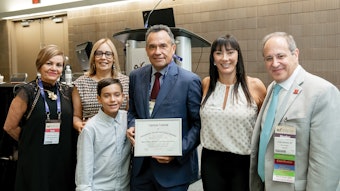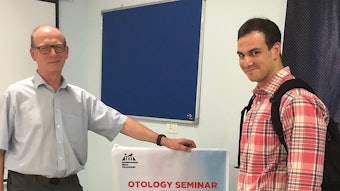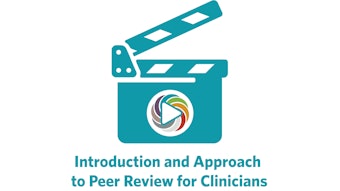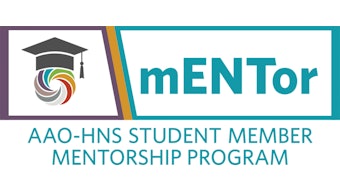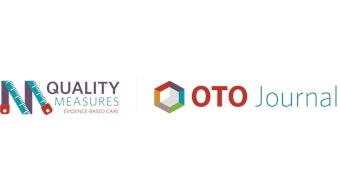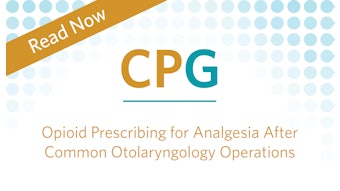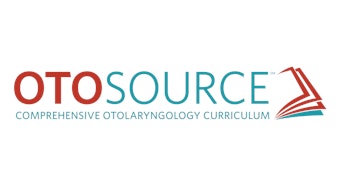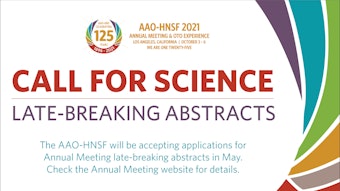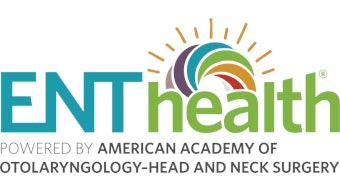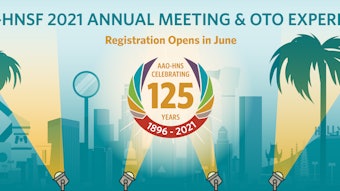Models of Otolaryngology Practice: Business of Medicine—A Critical Component for ALL Providers
The 2021 AAO-HNS Strategic Plan was recently approved by our Board of Directors.
Ken Yanagisawa, MD, AAO-HNS/F President-Elect
James C. Denneny III, MD, AAO-HNS/F Executive Vice President and CEO
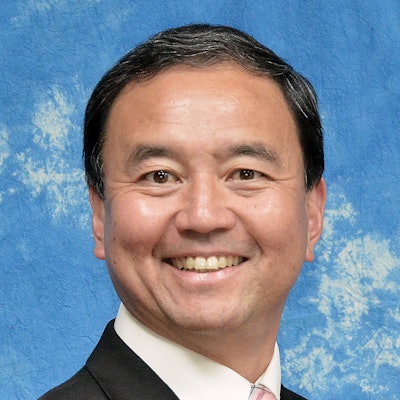 Ken Yanagisawa, MD
Ken Yanagisawa, MD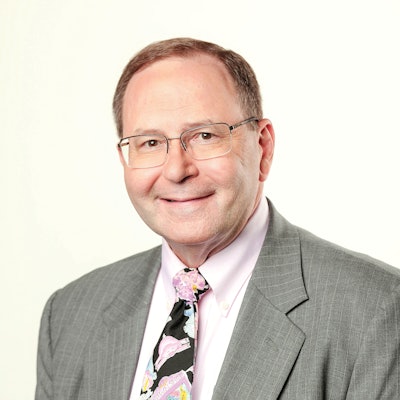 James C. Denneny III, MD
James C. Denneny III, MD
An exciting new component of this year’s plan is the “Business of Medicine,” which has a goal of supporting and improving the efficiency of otolaryngology practices. Even before COVID-19 struck, practices sought guidance and tips for navigating the increasingly complex network of state and federal regulations, ever-changing insurer requirements, and a variety of reimbursement and coding dilemmas.
During the height of the pandemic, the Academy offered incredible clinical practice advice and key means to access the various federal stimulus and loan programs that were offered to assist practices through the darkest COVID-19 times. As we emerge from the pandemic turmoil, ALL practitioners in every practice setting can benefit from practice management guidance. The purpose of the “Business of Medicine” program is to raise awareness of the many resources that the Academy offers, to share instructive member experiences, to advocate for improvements and stability related to reimbursement issues, and to lessen administrative burdens.
Among the existing resources, the Board of Governors (BOG), chaired by Dr. Lance Manning, facilitates information and issues in a bidirectional fashion between the Board of Directors and local, state, regional, and national otolaryngology-head and neck surgery organizations. The BOG Socioeconomic and Grassroots Committee, chaired by Dr. Andrew Coughlin, identifies issues of government regulations and third-party actions that impact medical practices. Our 10 dedicated BOG Regional Representatives around the country (modeled after the U.S. Health and Human Services Region Map) as well as our BOG Specialty Regional Representative, collect information and discuss these issues under the guidance of our BOG Member-at-Large, Dr. David Boisoneau. Any relevant items are presented for further review and investigation.
Our Academy’s Physician Payment Policy (3P) Workgroup—chaired by Dr. R. Peter Manes, the Academy’s Coordinator for Advocacy—works continuously on our behalf to aid practices in facilitating reimbursements for procedures by leading our private payer advocacy efforts, optimizing coding and documentation, and advocating for otolaryngological procedures at the Relative Value Scale Update Committee (RUC) and the AMA Current Procedural Terminology (CPT) Editorial Panel meetings. Additionally, it promotes and updates resources such as our Position Statements and Clinical Indicators.
The objectives for the new “Business of Medicine” program include:
- Advocate for appropriate reimbursement and diminished administrative burdens.
- Promote awareness of existing practice management resources through collaboration with our practice administrator colleagues.
- Develop an active forum for collaboration on practice management support.
- Develop strategic models for incorporating advanced practice providers (APPs) into team-based otolaryngology care.
An assortment of venues and approaches will be utilized to attain these objectives. Some of the planned strategies to deliver these goals include:
- Presenting regular virtual town halls on topics of interest.
- Continuing and improving “Business of Medicine” program offerings at the AAO-HNSF Annual Meeting & OTO Experience.
- Creating a forum for managing physicians and providers to exchange information.
- Working to disseminate core curriculums to APPs.
- Developing a strategy to share practice efficiency tips and pearls.
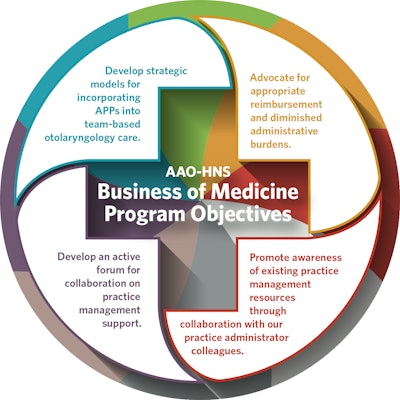
Another key element in promoting “Business of Medicine” development will be our evolving partnership and collaboration with the Administrator Support Community for ENT (ASCENT), formerly the Association of Otolaryngology Administrators (AOA). Engaging our administrative support teams will expand our resources, services, and collective awareness of current and ongoing practice management concerns.
Providers in every practice model (private practice, employment models, and hybrid models) all share the need to improve efficiency, improve reimbursements, and understand the multitude of mandates expected of physicians and providers and measurement tools utilized to gauge our provision of care. The Academy has a great deal of practice information already available online at www.entnet.org/content/practice-management.
The mission of this “Business of Medicine” division is to broadcast and raise awareness of the valuable information currently available and to maximize the collaborative efforts of the many stakeholders, programs, and resources at our fingertips. It will also promote discussion and education through a variety of media—accessible to all Academy members—including lectures, town halls, or online forums, to name just a few. Equally important is for members to identify their most pressing needs and issues to understand the avenues of notifying our Academy of these concerns and to proactively submit the information necessary to intervene on their and their colleagues’ behalves. Armed with this information, the Academy can hone, improve, and tailor the content and the delivery of our “Business of Medicine” content.
It is inspiring to develop this “Business of Medicine” element of the Strategic Plan, and we look forward to hearing from members for thoughts, feedback, and contributions to this vital project.
